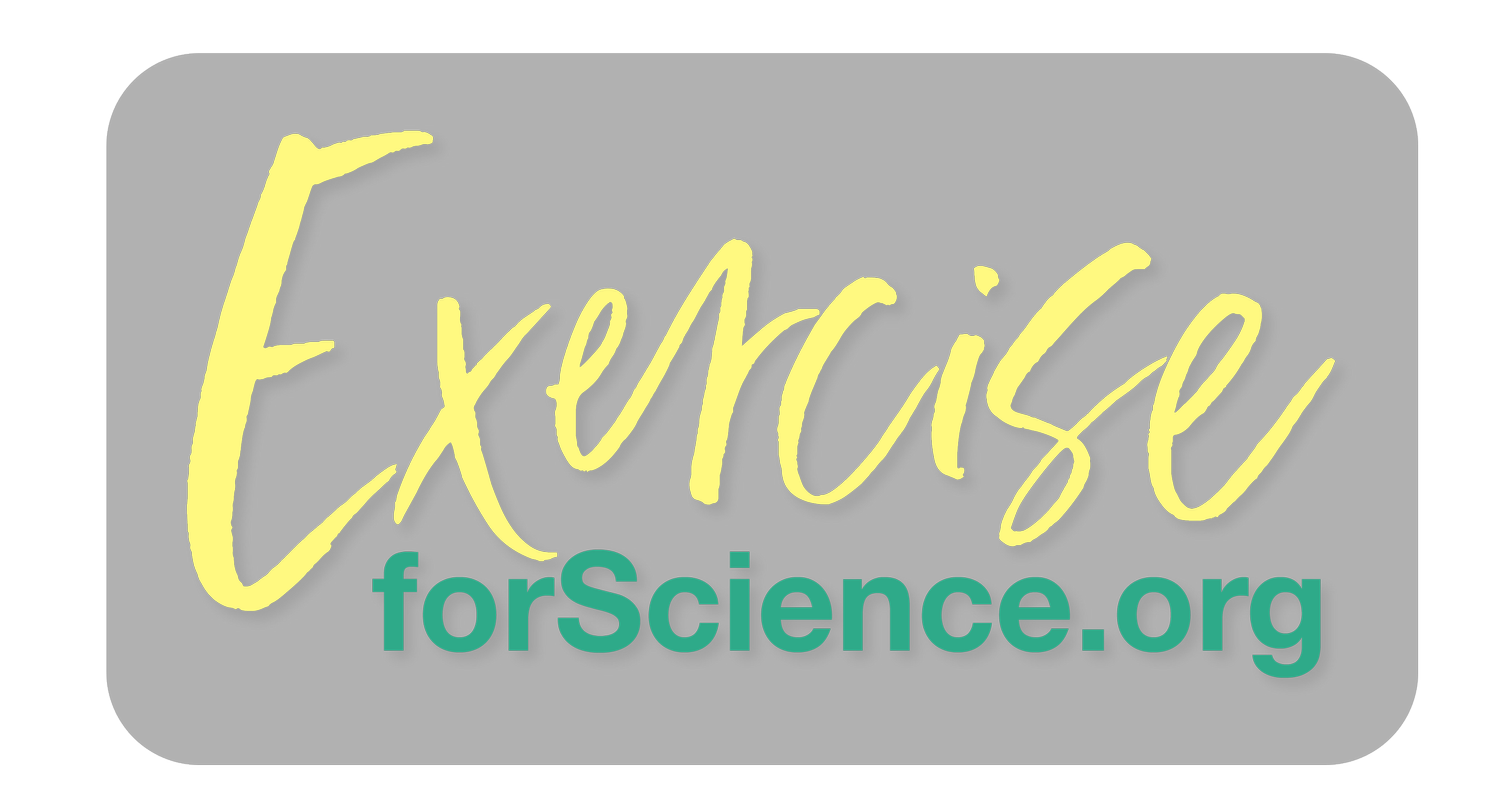More good news for runners - our hip studies are complete
Our research has already shown that marathon running can often be beneficial to the knee joints. Now our two hip studies have concluded that long distance running has no negative impact on the hips.
Exercise for Science is dedicated to exploring the real impact of exercise on the human body. Our three studies on the knees have rveassured runners and sports specialists that there are more benefits to running than any negative impacts. We have now completed the second of two hip studies with similarly positive findings:
Hip Study 1: Regular ultramarathon distance running does not add damage to your hips.
Our first Hip Study was a collaboration between UCL, Royal National Orthopaedic Hospital NHS Trust, The London Clinic and Richmond Runfest. Involving 52 participants, our research analysed the hip joints of inactive non-runners, moderately active runners and highly active runners.
The evidence suggests that regular distance running does not cause additional damage to the hip joints of runners. The results were not significantly different across non-runners and those who regularly ran marathon or ultramarathon distances. Read the paper
Hip Study 2: First-time marathon running does not damage or acutely change your hips.
Our second study was based on the 2019 Richmond Marathon. 28 runners participated – all of whom were first-time marathoners in their 30s, with no known hip injuries. Our findings suggest that training for a marathon and running a marathon do not induce damage or acute changes in the hips of runners. Read the paper
The findings of this study have just been published in the Orthopaedic Journal of Sports Medicine.
Our next study - how does exercise affect those who want to improve their fitness?
We’re now recruiting for participants for a new study looking at exercise apps and their effects on joints, muscles and mental health. Find out more about this study - and keep visiting this blog to find out how it’s developing.

